This article is a part of our news series on the COVID-19 pandemic. For information on how to prevent the spread of the virus, click here.
With many U.S. cities going on lockdown, the news has been flooded with an almost constant coronavirus updates. Here is a collection of just a few non-COVID-19 and positive coronavirus stories that may have gotten lost amidst the pandemic news.
UCSD Blood Test Could Identify Alzheimer’s
Researchers at UC San Diego have been working on a blood test that could identify early symptoms of Alzheimer’s disease.
UCSD Jacobs School of Engineering professor Sheng Zhong worked with the UCSD School of Medicine Dr. Edward Koo on a study that studied protein and RNA production of the PHGDH gene, which is needed for brain development.
According to the study, this analysis of exRNA in patients can help predict an indication of Alzheimer’s Disease.
“These data suggest the potential utilities of plasma exRNA levels for screening and longitudinal exRNA changes as a presymptomatic indication of sporadic AD,” the study states.
Although the study provided significant results, Zhong and Dr. Koo hope to work with Alzheimer’s groups in the future to verify the success of the blood test.
San Diego Residents Work to Provide Housing to Homeless Amidst Pandemic
While the calls for social distancing and the shelter-in-place order have disproportionately left many homeless people without a stable place to stay, San Diego residents Aime Zamudio and Tasha Williams have been working on placing homeless folks in hotel rooms.
“One person we’ve had in a hotel room since March 15th and he is experiencing homelessness and has leukemia and was going through the struggle of finding a place,” Zamudio told NBC San Diego.
Zamudio and Williams use donations from their gofundme project to house the homeless in hotel rooms. So far, they have raised almost $7,000.
“We have been providing Hotel rooms by ourselves for people experiencing homelessness,” the gofundme description states. “We have a lot of Elders, People with Disabilities, People with compromised immune systems, Families with babies who are being left out and forgotten. We can not just sit and wait.”
“I, Amie, do this work because my own father who was once wealthy, died alone on the streets homeless with Leukemia,” Zamudio stated in the gofundme description.
Temperatures Reach 70 Degrees After Three Week “Cool-Spell”
On March 30, The San Diego Union-Tribune reported that for the first time in three weeks, temperatures hit 70 degrees in San Diego.
After a 66-degree day on Monday, San Diego residents saw the next day reaching 71 degrees.
While it is expected to rain during the week of April 6, it is expected to be sunny again on Friday, April 10, with a low of 57 degrees and a high of 65 degrees.
“Pink” Supermoon to Take Place on Tuesday
The biggest Supermoon of the year will be a “Pink” Supermoon, which NASA reports will be in full on Tuesday, April 7 at 10:35 p.m.
Although the moon will not actually appear pink, its popular name stems from the pink creeping phlox that bloom in the springtime.
The Farmers Almanac lists the many names for the Pink Supermoon and other full moons that peak throughout the year, many of them stemming from Native American names. Without naming the specific tribe of origin, according to the Farmers Almanac, more names for the Pink Moon are the Egg Moon, Sprouting Grass Moon, and Fish Moon.
While the Supermoon will peak at 10:35 p.m. on Tuesday, viewers can also see the moon at sunrise and sunset. On Tuesday, the sun will rise at 6:28 a.m. and set at 7:13 p.m. in San Diego.
State to Release 3,500 Non-Violent Inmates in Light of COVID-19
California is planning on releasing 3,500 non-violent incarcerated people in 35 prisons over the next few weeks to curtail the spread of Coronavirus in compacted prisons.
According to the Los Angeles Times, these soon to be released inmates are in prison for non-violent crimes who would have originally been released within the next 60 days or less. Inmates incarcerated for sex offenses or domestic abuse are not eligible to be released. Those released will make the transition into parole.
Many of the prisoners to be released are older and immunocompromised, so the state hopes that this will help to stop the spread of the disease, which has already infiltrated several prisons.
According to the California Department of Corrections and Rehabilitation website, “As of March 30, 22 employees and four inmates have tested positive for COVID-19.”
“He feels like he’s in a Nazi Germany death camp,” a daughter of a prisoner at the California Institute for Men in Chino told the LA Times. This particular individual’s father has an autoimmune disorder and is currently unable to get bandages to cover up wounds.
In addition to the early release of non-violent prisoners, the CDCR plans on enacting several measures to improve the health and safety of those at prisons, such as “suspension of intake from county jails,” mandatory screenings, and increasing social distancing by limiting the use of common spaces.
Artwork by Yui Kita for the UCSD Guardian.


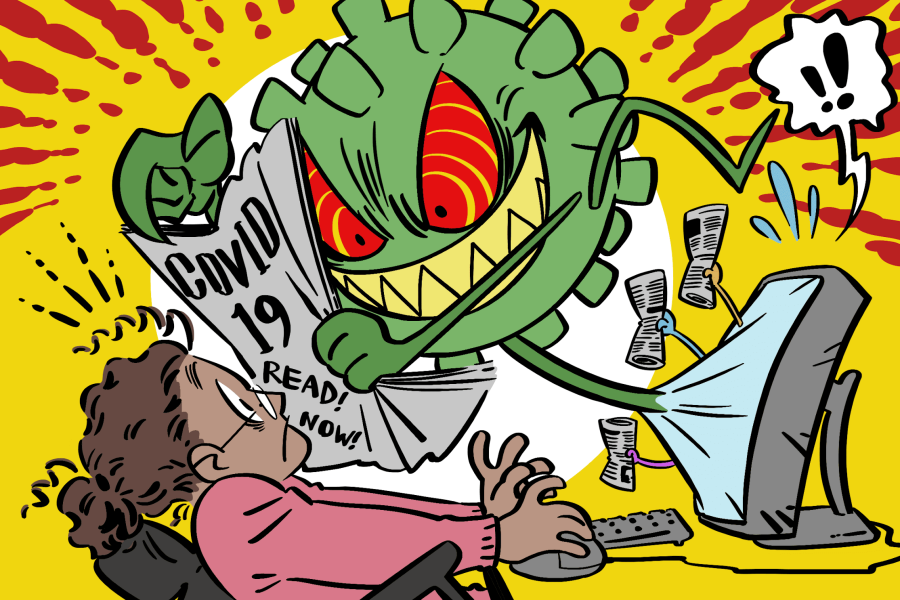





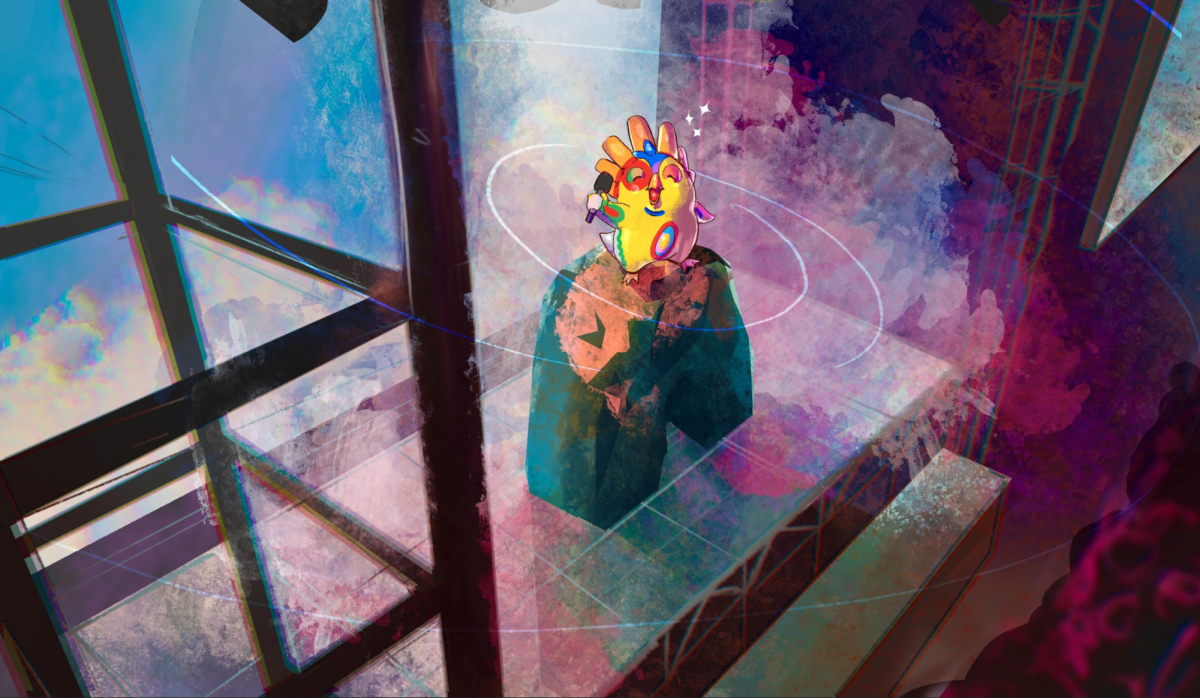
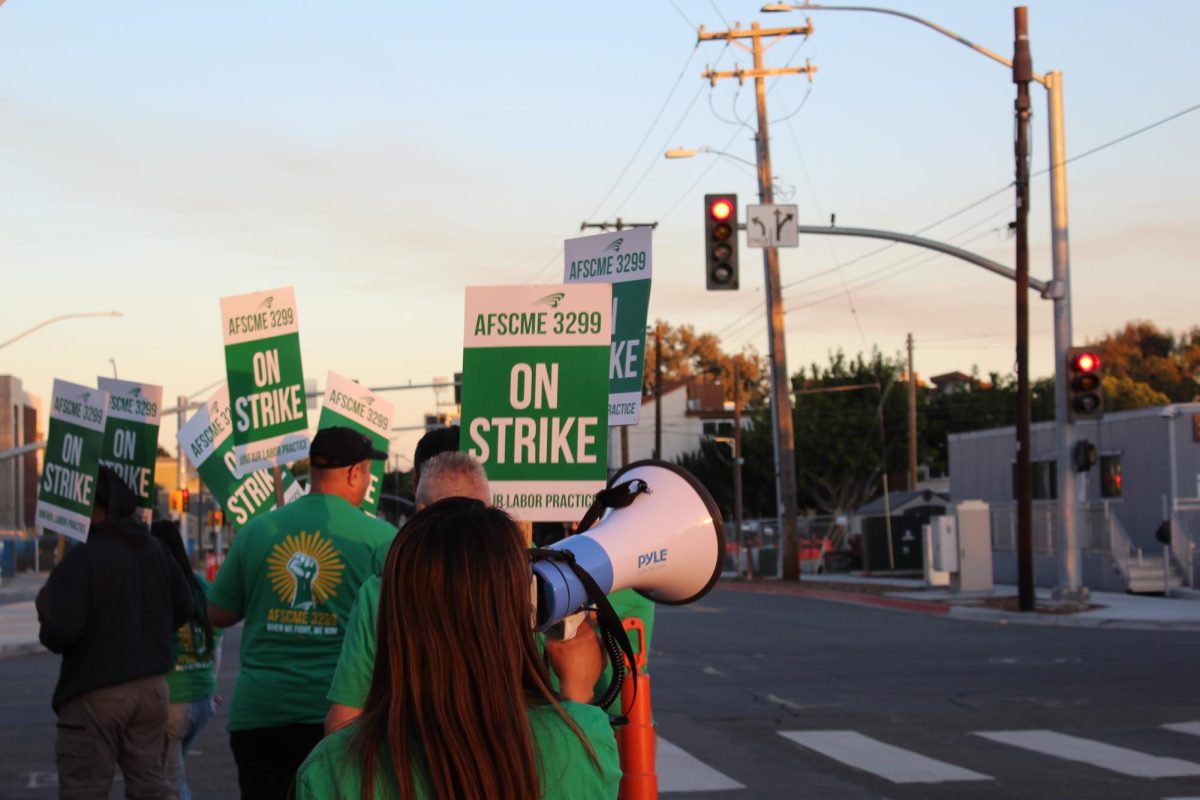
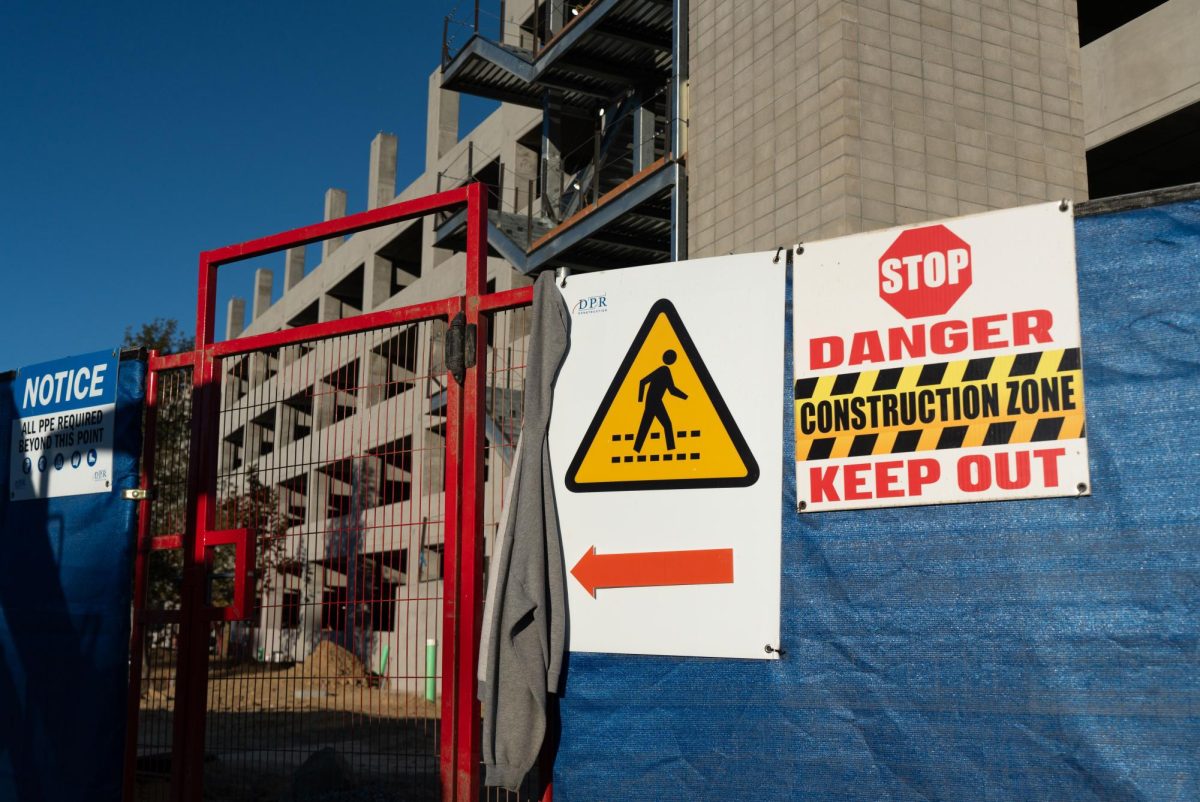
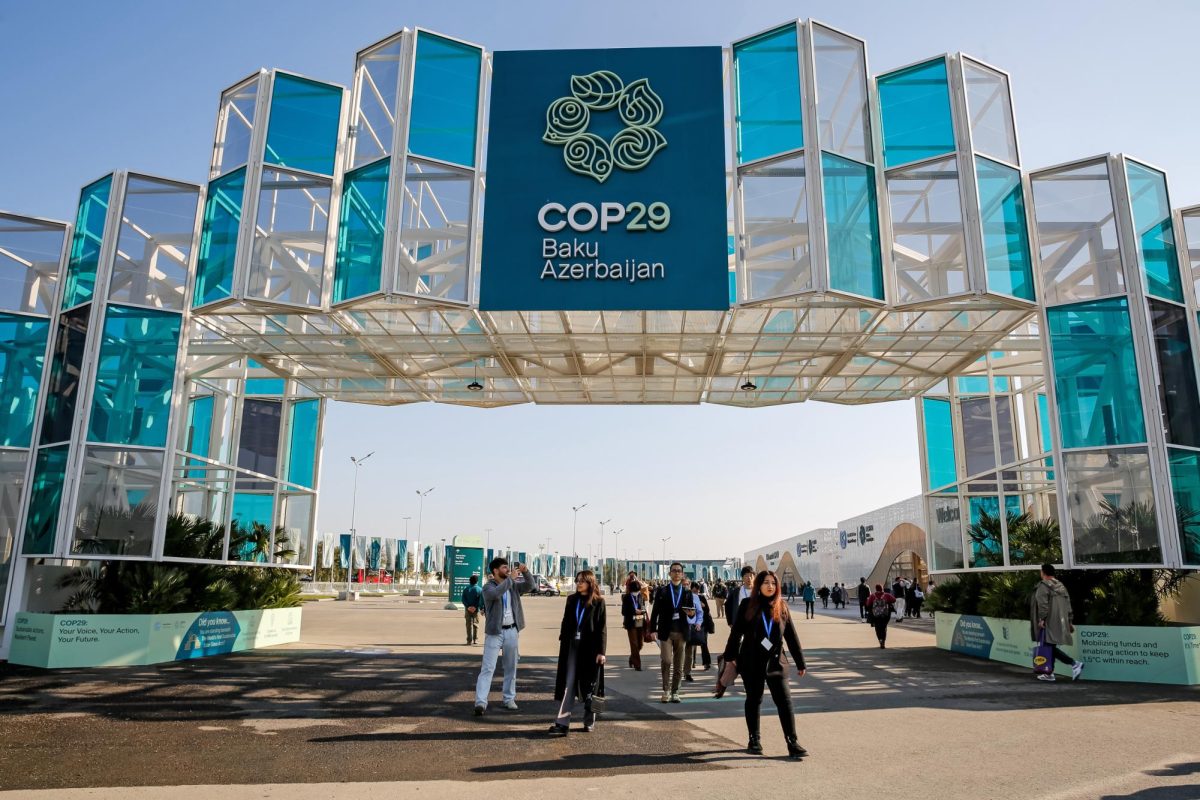
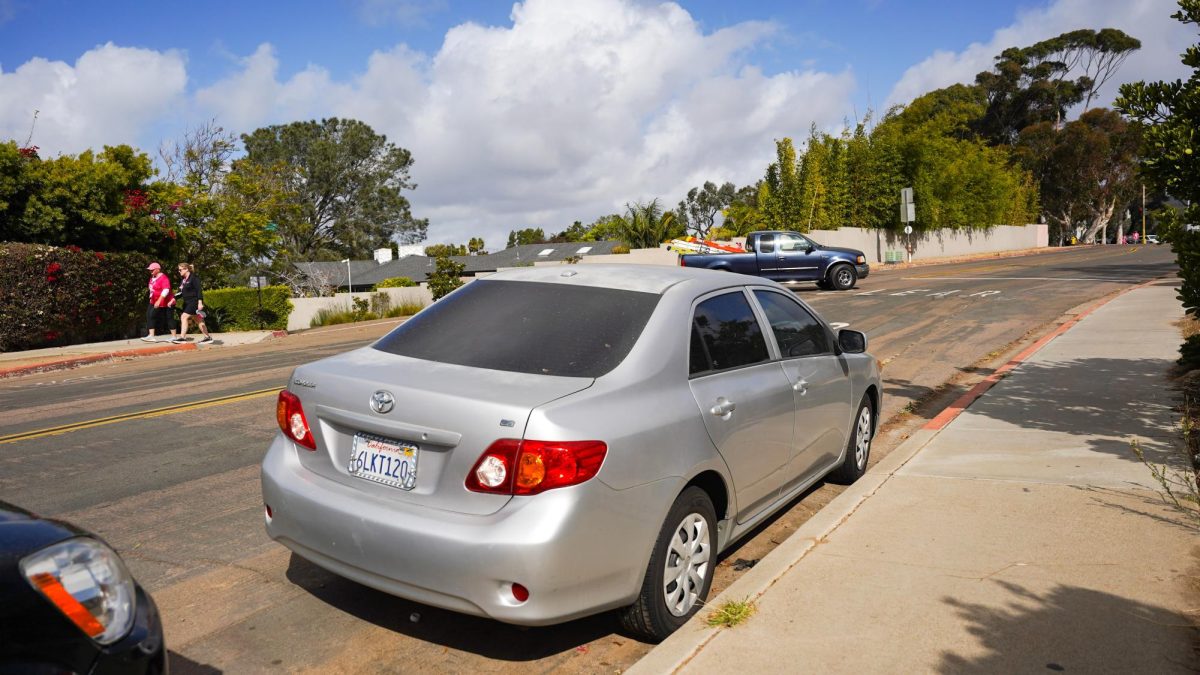
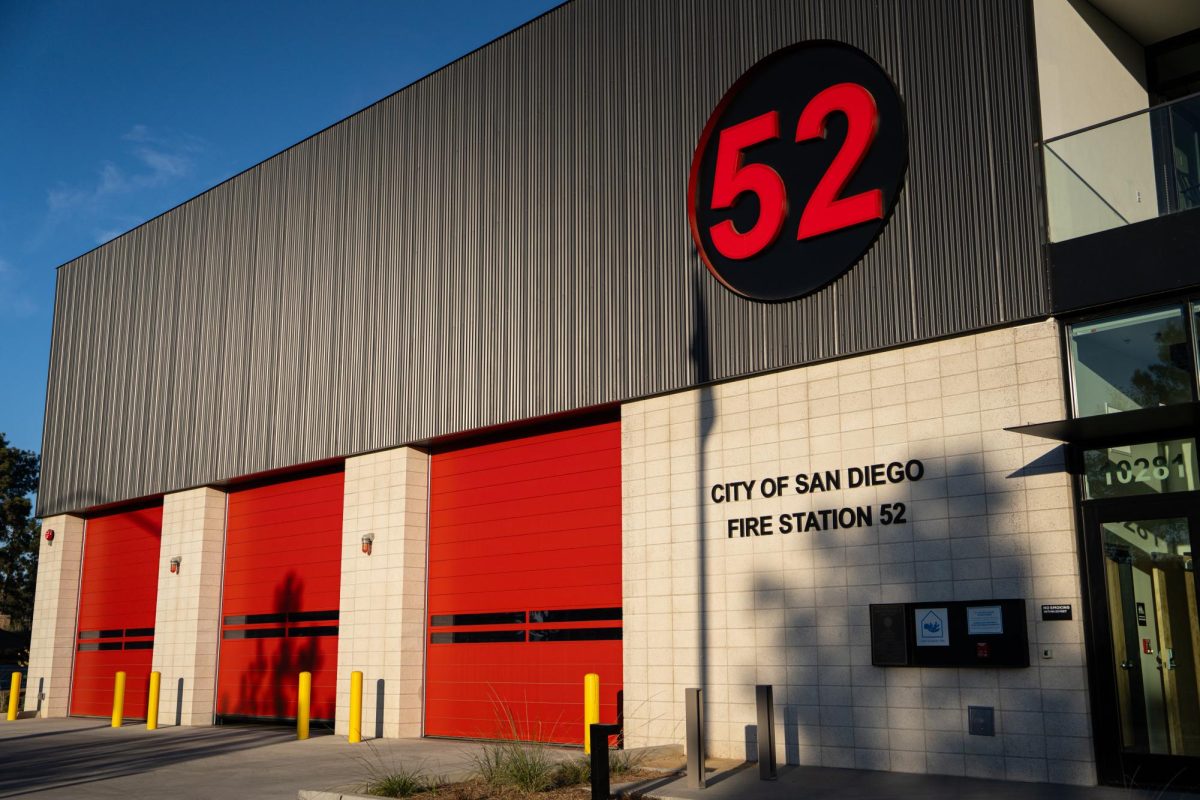
https://latestringtone.mobi/ • Apr 9, 2020 at 2:34 am
This is the knowledge we need to know, share this article for everyone to read.